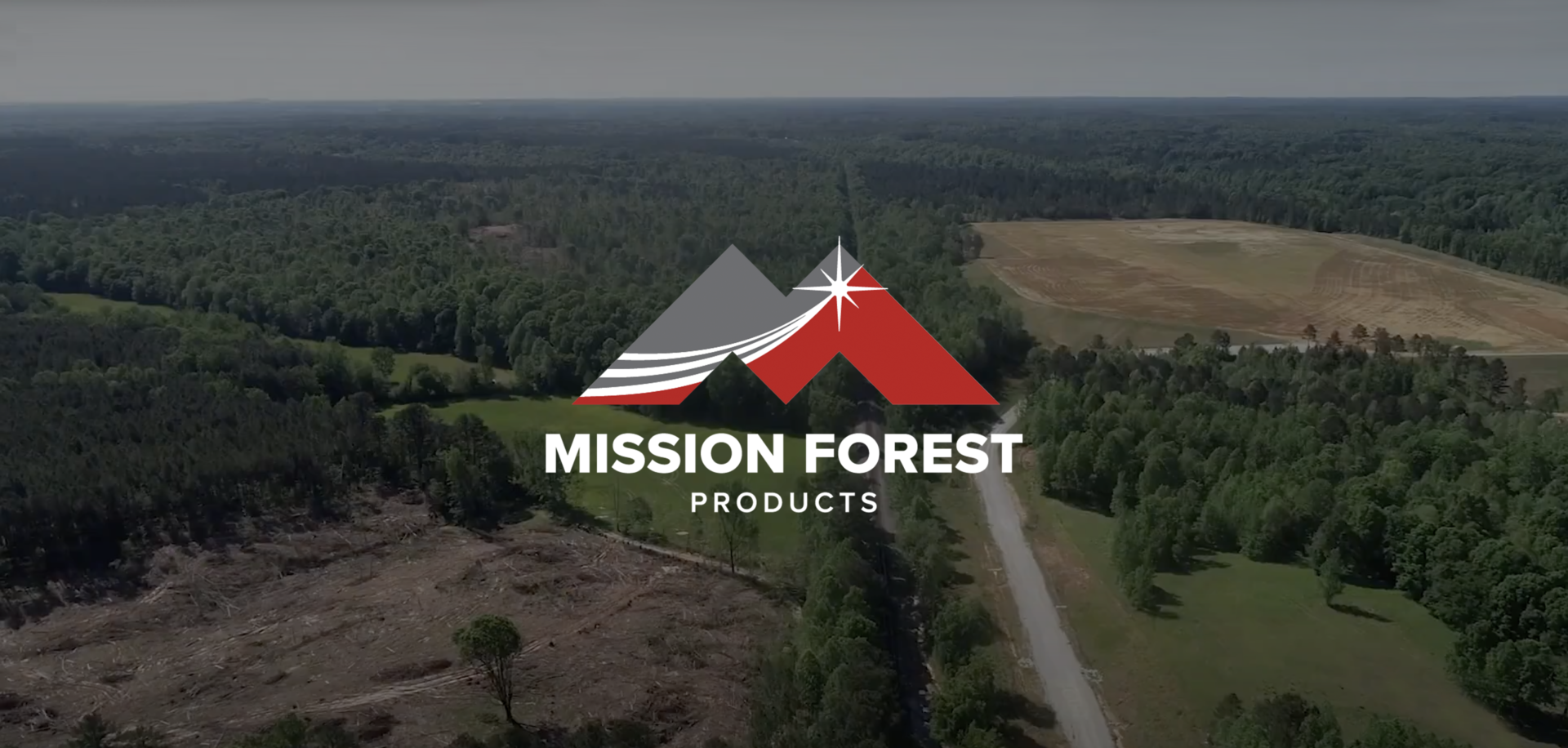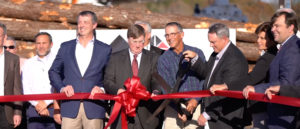- September 20, 2020
Mission Forest Products to build state-of-the art sawmill at Corinth, Mississippi
Mill to Employ Nearly 130 people– Produce 250 mmbf of Lumber Annually
Mission Forest Products, a newly formed company, announced today that it is building a state-of-the-art sawmill at Corinth, Mississippi.
The estimated $160 million project, which will have an annual output capacity of 250 million board feet of lumber, will employ nearly 130 people, and is estimated to begin production in 2022.
“Our objective is for this mill to become one of the lowest-cost and most reliable suppliers of high-quality dimensional lumber products in North America,” said Chris Mathis, Managing Director of Corporate Development for Mission Forest Projects.
“Agriculture is Mississippi’s top economic driver, and our abundance of forestland—nearly 20 million acres statewide—provides tremendous opportunities for economic growth and job creation in this vital sector,” said Governor Tate Reeves. “I am honored to welcome Mission Forest Products to our state and look forward to the economic ripple effect the opening of this state-of-the-art sawmill will have on the 130 workers and their families, the local economy of Alcorn County, and all of Mississippi.”

“We greatly appreciate the support we have received for this project from Governor Reeves and the Mississippi Development Authority; The Alliance of Corinth, including President Clayton Stanley; the Alcorn County Board of Supervisors; the City of Corinth and the Tennessee Valley Authority,” said Mathis of Mission Forest Products. “We look forward to building a strong, mutually beneficial relationships with them and with the people of Corinth and Alcorn County.”
Mathis went on to say that the company intends to capitalize on the abundance of high-quality timber in the area; Corinth’s proximity to the U.S. South’s growing housing market; and, the low-cost, high-efficiency nature of the mill’s design. He said the facility anticipates purchasing its timber from local suppliers and timberland owners. It will sell most of the lumber it produces regionally, but also will access more distant markets with shipments by rail. In addition, it will sell production residuals, including wood chips, to pulp and paper facilities in the region.
Veteran sawmill project developer, Joseph Rodgers, will oversee the construction and start-up effort. Rodgers has more than 30 years of experience with sawmill construction and management having previously held senior-level positions with Interfor and Temple-Inland. Prior to joining Mission Forest Products, he worked as an independent consultant on other high-capacity sawmill projects elsewhere in the U.S. South.
According to Chris Mathis, Mission Forest Products targeted Corinth for the mill project because the city is often described as the intersection of the upper South due to the rail and road access it offers to growing population centers like Memphis, Nashville, Birmingham, Huntsville and the U.S. Midwest—all areas where lumber demand is high and is projected to increase. In addition, he said the area surrounding Corinth, which sits where the state lines of Tennessee, Alabama and Mississippi intersect (the “TAM” area), is also a prime timber-growing region. However, he said the area is currently under-served with saw-milling capacity given the plentiful inventory of high-quality timber growing in its vast forestlands, which are owned by families, private individuals, and institutional investors. Finally, Mathis said his firm also was attracted to the Corinth area because of its skilled forest products workforce—one that includes both field forestry professionals, like loggers, truckers and silvicultural contractors, as well as highly experienced mill workers.
Construction on the new mill is expected to begin in 2021. The facility will employ state-of-the art log scanning and optimization technology to ensure that each log that passes through its production line is milled to its fullest potential from both a wood utilization and financial standpoint. This will not only ensure that the facility is operating at the lowest possible cost, but that it is also making good and sustainable use of the timber resources it processes.



